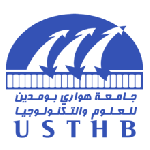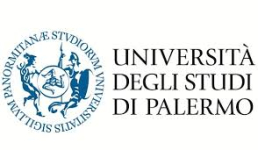ABOUT US




Mediterranean agriculture has to face great challenges to overcome global warming and improve farming system sustainability while maintaining crop production and quality. Turnips (Brassica rapa) and cabbages (Brassica oleracea), which largely contribute to food production worldwide, are native of the Mediterranean basin. This geographical region comprises a large diversity of landscapes and exhibits highly contrasted environmental conditions (climate, soils and biotic factors). The phenotypic and genetic variations of natural populations or traditionally cultivated populations growing along these environmental gradients have been shaped by the local environmental contexts under highly contrasted environments from the North of Europe to Saharan regions. This diversity has been poorly explored. We propose in the BrasExplor project to explore the genetic basis of plant adaptation to different climatic constraints. The project will combine the different skills of eleven partners belonging to six different countries. Collects will be performed along the climatic gradient with a precise description of contrasted environmental conditions, edaphic and microbiome composition of the soil. From 100 populations of cabbages (B. oleracea) and 100 of turnips (B. rapa), we will sequence (Next Generation Sequencing) each population in bulk for genome-wide scans, looking for associations between nucleotide polymorphisms and environmental variables, including soil composition. More precisely, we will finely search for genetic determinants of adaptation to suboptimal conditions. These results will thereafter be experimentally validated (under controlled conditions) for water and temperature stress, as well as in contrasted field conditions for different traits. From these experiments, we will propose to produce prebreeding populations as genetic sources for variety breeding adapted to each country and the promotion of local landraces.




















